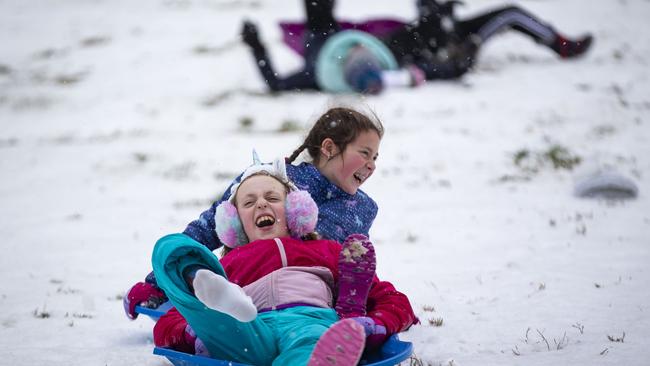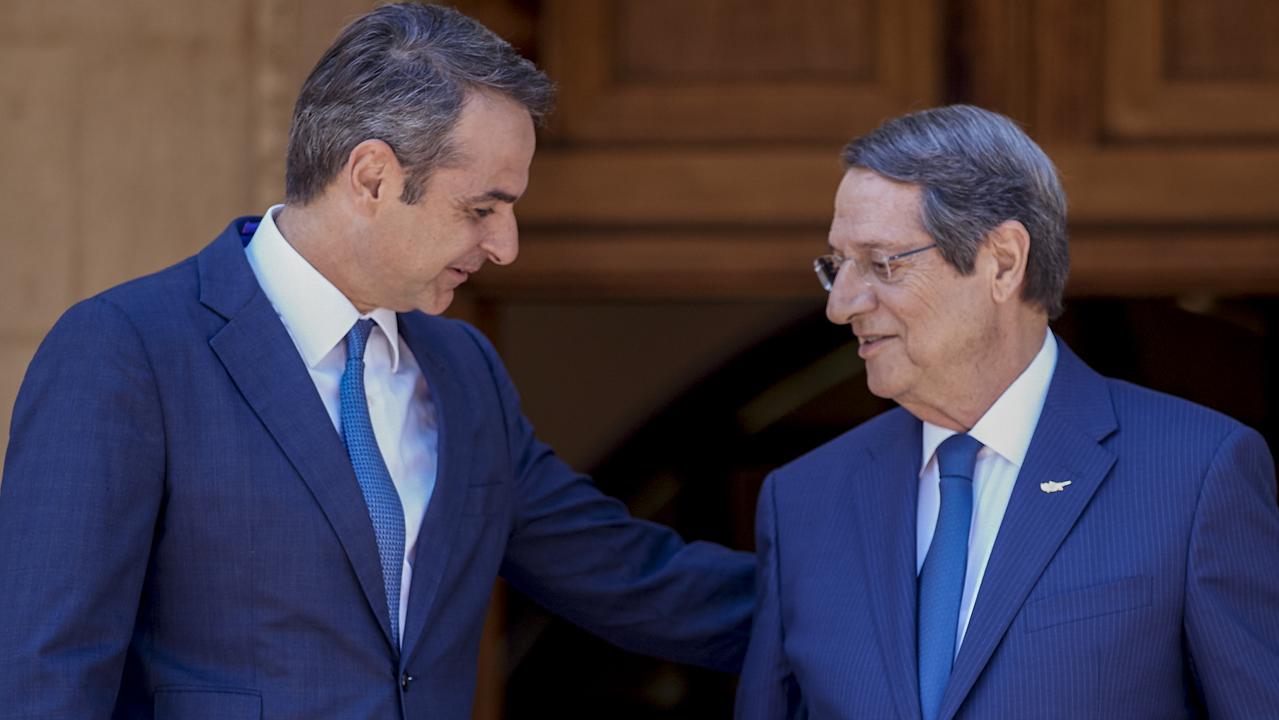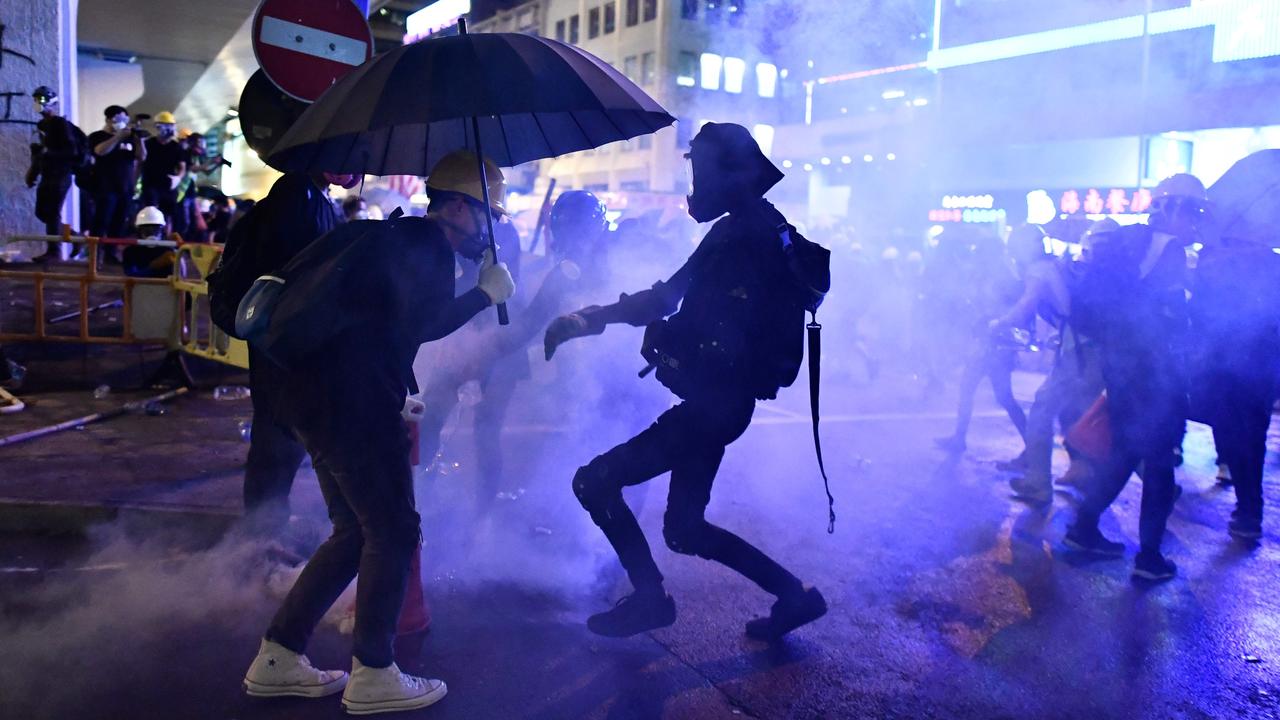
“I’m in the White House waiting,” the President wrote. “The Democrats are everywhere but Washington as people await their pay. They are having fun and not even talking.”
Over the snow-bound weekend, the President was besieged by bad news as he endures one of the most difficult periods of his turbulent presidency. Democrats left the capital with the record-long government shutdown now at 23 day with no sign of when negotiations would resume and with no resolution in sight.
Although Mr Trump has said it is the Democrats who feel the most pressure over the funding deadlock about his proposed border wall that has shut the government down, new polls show a majority of Americans blame the President.
According to a Washington Post-ABC News poll, 53 per cent say Mr Trump and Republicans are mostly to blame for the shutdown while 29 per cent blame the Democrats.
It is the President who therefore faces the greatest public pressure to find a resolution at a time when he appears to have backed away from his “nuclear option” of declaring a national emergency to break the deadlock.
At the same time, Mr Trump finds himself fending off fresh allegations over his involvement with Russia and his confused policy towards US involvement in Syria.
The New York Times reported that the FBI launched an investigation into whether the President was secretly acting on behalf of the Russians when he fired FBI chief James Comey in 2017. When questioned about this on Fox News, Mr Trump declared it to be “the most insulting thing I have ever been asked”.
This was followed by a Washington Post report that Mr Trump went out of his way to hide records of his conversations with Russian President Vladimir Putin from senior members of his administration.
On top of this, the White House is being attacked in the media for sending mixed signals over its policy in Syria and more broadly in the Middle East.
The Pentagon says it is progressing with the withdrawal of 2000 US troops from Syria despite claims last week by National Security Adviser John Bolton that the withdrawal was conditional and could take months or even years.
Last month, Mr Trump was criticised by Republicans, Democrats and US allies when he unilaterally announced the withdrawal of all US troops from Syria within 30 days. The decision triggered the resignation of defence secretary Jim Mattis and Brett McGurk, the US special envoy to the coalition against Islamic State. They had argued that a too-rapid US withdrawal from Syria could allows ISIS to regenerate and would create a vacuum of power that would be filled by Russia and Iran.
What’s more, they said the withdrawal would be an abandonment of the US-backed Kurdish forces who had helped defeat ISIS on the battlefield.
So US allies, including Australia, were relieved to hear that Mr Bolton appeared to be suggesting a more considered and staggered US withdrawal than the one Mr Trump had originally proposed.
But Pentagon officials say they do not take orders from Mr Bolton and in the absence of contrary orders from the President, they have begun the process of withdrawing US equipment to be followed by troops.
So no one in Washington appears to know precisely what is happening to US troops in Syria, with the President seemingly at odds with his national security adviser and the Pentagon moving forward regardless. All up, it was a grim weekend for the President who, according to aides, wants nothing more than to take a break in his Florida resort of Mar a Lago, far away from a chilly Washington and all the troubles it represents.
Cameron Stewart is also US contributor for Sky News Australia




A massive snow storm has brought Washington to even more of a standstill than the government shutdown, leaving a lonely Donald Trump in the White House tweeting about the winter of his discontent.